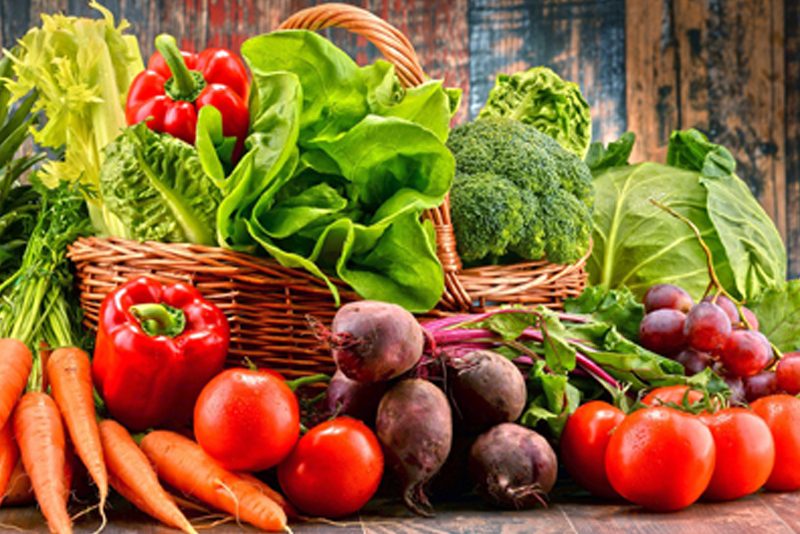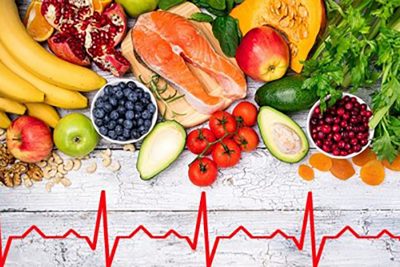Vegetables Diet for Parkinson’s Disease

If you needed more reasons to eat your vegetables, this should be it. Studies show that increased amounts of the B vitamin folic acid, found primarily in vegetables, can significantly reduce the risk of Parkinson’s.
The best sources of folic acid are simultaneously some of the healthiest foods on the planet, namely dark green vegetables like broccoli, spinach, collard greens, brussels sprouts, asparagus and okra – all of which can be grown in your backyard! This B vitamin can also be found in avocado, legumes and lentils.
Vegetables are rich in antioxidants and promote good health and well-being. Antioxidants can reduce the amount of dopamine cells lost within the body, help promote healing of cells, and are known to boost your immune system.
Antioxidants are compounds produced in your body and found in foods. They help defend your cells from damage caused by potentially harmful molecules known as free radicals. These harmful molecules can be found fried foods, alcohol, tobacco smoke, pesticides, air pollutants, and many more.
When free radicals accumulate, they may cause a state known as oxidative stress. This may damage your DNA and other important structures in your cells. Fortunately, eating a diet rich in antioxidants can help increase your blood antioxidant levels to fight oxidative stress.




